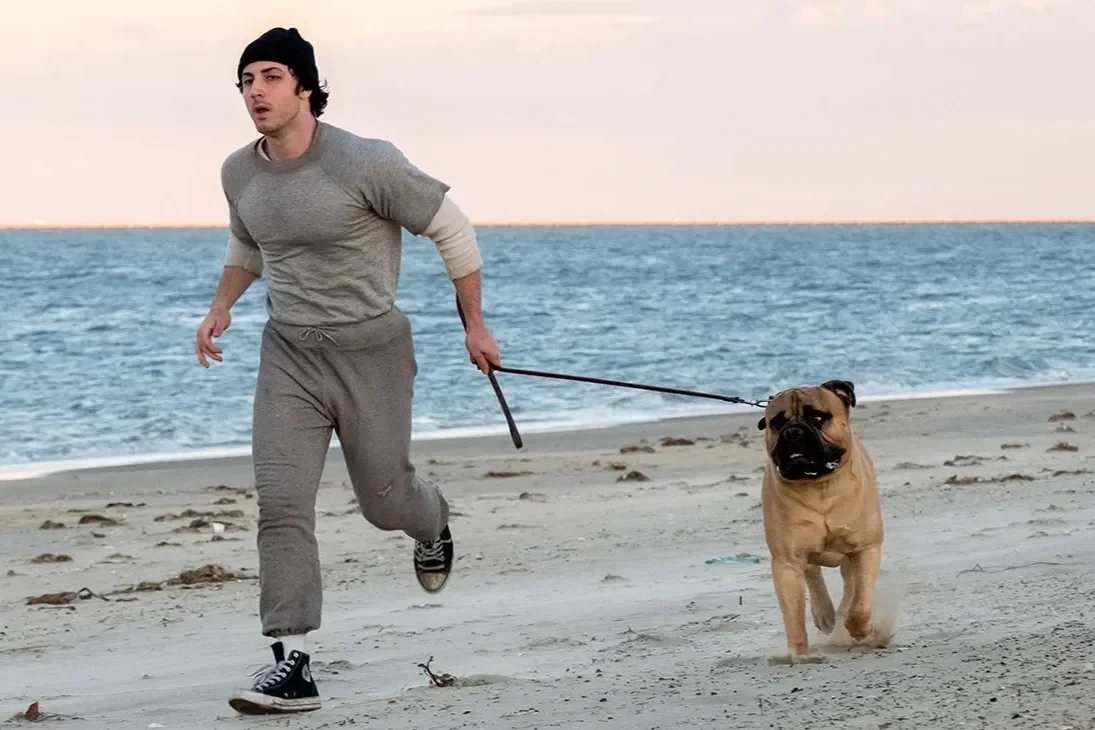‘Weapons’ Review: Zach Cregger Delivers a Chilling Genre Piece, Tackling The Mechanics of Grief and Modern Discourse
Courtesy of Warner Bros. / New Line Cinema.
SPOILER FREE REVIEW
Synopsis: When all but one child from the same classroom mysteriously vanish on the same night at exactly the same time, a community is left questioning who or what is behind their disappearance.
The American suburb has long been a fertile ground for cinematic unease — a seemingly idyllic setting masking an undercurrent of isolation, repression, and latent threat. Zach Cregger’s ‘Weapons’ leans confidently into this trope, offering a haunting and socially incisive exploration of contemporary paranoia, moral ambiguity, and the fractured fabric of modern community life. In doing so, the film positions itself not merely as genre entertainment, but as a reflective cultural artifact attuned to the anxieties of the post-pandemic, misinformation-saturated era.
From its opening sequence — in which a group of children silently exits their homes in the dead of night, converging under the eerie glow of streetlamps — ‘Weapons’ announces its preoccupation with the uncanny. The children’s silent procession through the suburb at 2:17 AM evokes both ritual and rupture, underscoring a central tension that permeates the film: the collapse of the familiar into the terrifying. The insertion of doorbell camera footage not only situates the narrative within a distinctly modern surveillance culture but also destabilizes the viewer's perspective, emphasizing the intrusion of voyeurism into private spaces.
Cregger’s previous horror film ‘Barbarian,’ was notable for its structural experimentation and tonal dexterity, and he certainly builds upon those strengths here. ‘Weapons’ avoids a linear narrative in favor of a multi-perspective structure. This approach allows for a broad thematic scope while maintaining emotional intimacy with each character’s arc. The disappearance of nearly an entire elementary school class becomes the focal-point of interlocking narratives — each offering a unique vantage point on the event and its implications.
Crucially, ‘Weapons’ is not content with merely deploying horror tropes for shock value. Its horror is atmospheric and sociopolitical in nature. Rather than relying on traditional jump scares, the film cultivates unease through suggestion, implication, and the slow unraveling of a reality that feels increasingly off-kilter. The suburban landscape, typically associated with safety and normalcy, is rendered here as sterile, claustrophobic, and deeply haunted. Liquor stores and chain restaurants share blocks with immaculate lawns and shuttered windows, creating a dissonance that reflects the broader cultural themes the film interrogates.
Courtesy of New Line Cinema.
Thematically, ‘Weapons’ engages with the phenomenon of collective hysteria and ideological fragmentation. It situates its narrative within a cultural moment marked by distrust in institutions, the politicization of parenthood, and the omnipresent specter of misinformation. The film's characters; particularly Julia Garner’s stunning performance as Justine Gandy and Josh Brolin as a grief-stricken father figure, embody the complexity and instability of individuals navigating crises that defy rational explanation. Gandy, in particular, is a compellingly drawn figure — sympathetic yet deeply flawed, and emblematic of the film’s refusal to offer moral binaries.
Moreover, the film’s attention to character psychology is commendable. Rather than populating its world with disposable archetypes, Cregger offers fully realized individuals whose decisions — however questionable — feel grounded in believable human behavior. This approach lends the film emotional weight and makes the eventual descent into horror all the more disquieting. Amy Madigan’s performance, while brief, is particularly noteworthy for its layered subtlety and narrative significance.
As with ‘Barbarian,’ ‘Weapons’ derives much of its power from a careful balance of narrative revelation and withholding. The script gradually unveils the nature of the central mystery, but Cregger wisely leaves several elements unresolved, resisting the temptation to over-explain. This choice not only enhances the film’s allegorical potency but also reflects a deeper philosophical stance: that some horrors — particularly those born of collective delusion and social decay — are not easily mapped or resolved.
The film also navigates a tonal duality that few films in the genre manage to pull off. Moments of bleak humor punctuate the tension, adding layers of irony and complexity without undermining the film’s core dread. Cregger, with his background in comedy, understands the proximity of humor and horror, and he utilizes that relationship to disarm the audience at key moments.
‘Weapons’ stands as one of the more sophisticated and thematically resonant entries in contemporary horror cinema. It succeeds not only as a chilling genre piece but also as a sharply observed commentary on the illusions of suburban safety, the volatility of modern discourse, and the psychological toll of collective fear. Cregger’s continued growth as a filmmaker is evident in every frame, marking him as a significant auteur voice in the evolving landscape of horror.
Our score: ★★★★★
(out of 5 stars)







